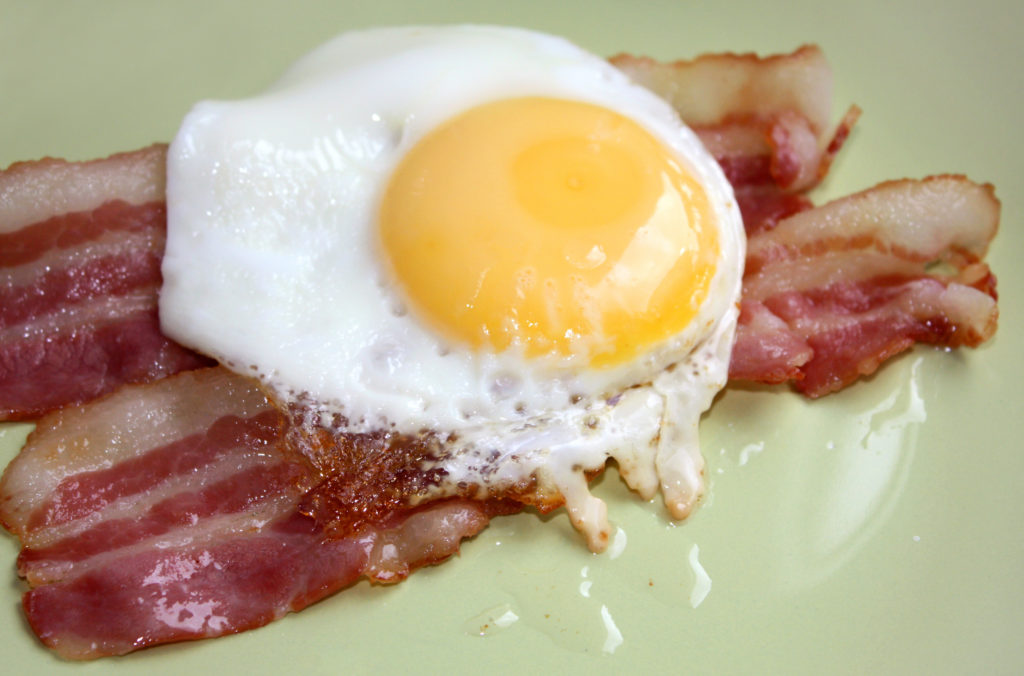Quick Hits
Daily brief research updates from the cognitive sciences

Ihave written multiple times about the gut-brain connection in multiple ways including the impacts of the microbiome and gut-brain axis on various cognitive, physical, and mental health factors. But this latest research is also a surprise.
When it comes to unhealthy eating many of us would assume it is down to taste and natural biological desire for certain types of foods. But researchers at Columbia University have discovered an entirely new connection – not in the mouth but in the gut.
This comes from research into mice and feeding them with different liquids. Firstly, one that had dissolved fats in it and one another that included sweet substances but that were known not to affect the gut. Under normal circumstances one would assume that both would drunk in equal quantities but the one with fats in it was preferred.
When this was then tested on mice that had no sense of taste (genetically modified, yup, weird I know). They also preferred the liquid with dissolved fats in it showing that taste had nothing to do with this desire.
The researchers then searched for the mechanisms by scanning the brains of the mice while or after drinking the fatty liquid. They found an area in the brain that responded to fats with neurons in an area called the caudal nucleus of the solitary tract (cNST) activating to the fat. This area is also involved in sugar preference.
They then looked at the connections to the gut and found that two types of cells in the lining of the intestines that responded to fat. One seems to be general cell responding to fat, but also sugar, and proteins, the other only responding to fats. These then connect to the vagus nerve which relays the messages to the brain.
This obviously opens up new avenues of research to deal with things like cravings for fatty, or high-calories foods, and other avenues to fight obesity.
It is also another one to show that the gut is extremely important and that the gut-brain axis is not to be underestimated. And now you can also just blame your gut – and your brain for your cravings.

Andy Habermacher
Andy is author of leading brains Review, Neuroleadership, and multiple other books. He has been intensively involved in writing and research into neuroleadership and is considered one of Europe’s leading experts. He is also a well-known public speaker, speaking on the brain and human behaviour.
Andy is also a masters athlete (middle distance running) and competes regularly at international competitions (and holds a few national records in his age category).
References
Mengtong Li, Hwei-Ee Tan, Zhengyuan Lu, Katherine S. Tsang, Ashley J. Chung, Charles S. Zuker.
Gut-Brain Circuits for Fat Preference.
Nature, 2022
DOI: 10.1038/s41586-022-05266-z
More Quick Hits
Behaviour at eight helps predict midlife health behaviours
A long-term study in Finland has tracked children from the age of eight until the age of 50 and a new analysis of the data, just published, has looked at some of the correlations between socioemotional behaviour in childhood and later life achievement and health...
Psychedelics and consciousness
Psychedelics change our conscious experience of the world – that is part of their attraction. Now a new study out of John Hopkins Medicine has analysed data on attributions of consciousness to other animals and innate objects by those using psychedelics and how this...
Lower smartphone usage increases wellbeing
So much has been said about smartphone usage in modern times. This ranges from some who say that they are destroying our brain to others who see they benefit our cognition by outsourcing cognitive heavy tasks like remembering lists of phone numbers – thereby freeing...
Modesty preferred for cooperative teams
In an age where it appears that many people are vying for self-esteem especially through social media, this research is interesting. Particularly in business contexts where cooperation is king. Research has previously shown that appearing to be wealthy increases...
Poverty shrinks babies’ brains
Quick HitsDaily brief research updates from the cognitive sciences couple of studies have just been released which look at the brains of newborns and young babies. The results are worrying for any society. Brain scans of newborn babies from...
Babies born with five from seven functional brain networks
In the 1950s the blank slate theory was the most prominent theory ascribed to babies. They are born blank slates and then their experiences allow them to develop their networks thoughts, associations, etc., and just about everything else. Though this theory is long...






